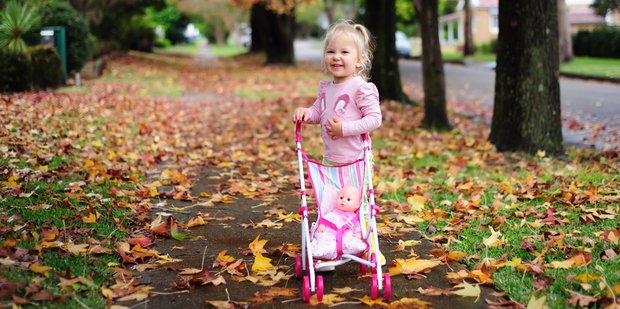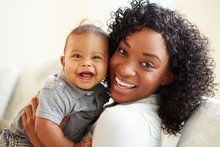Personal, social and emotional development
Add to My Folder
Make sure you are providing full coverage of the PSED prime area with these fantastic activities. They even come complete with detailed observation notes and EYFS links.

Personal, Social and Emotional Development is one of the three prime areas in the EYFS framework. Along with the other two prime areas, Communication and Language and Physical Development, it underpins all areas of the child’s learning and development.
PSED is divided into three aspects: ‘Self-Regulation’, ‘Managing Self’ and ‘Building Relationships’. These three aspects highlight the importance of helping children develop social skills, their sense of self and their ability to recognise both their own feelings and to empathise with others. Although such divisions help practitioners with planning and assessment, it’s useful to remember that any activity that supports the child’s learning and development within one category will also help the other two.
For each of the categories below, a pack of planning sheets has been provided for the activities. Each pack contains links to Development Matters, relevant Early Learning Goals and additional best-practice and observation notes. Just click on the images of the sheets to download them.
BUILDING RELATIONSHIPS
Family Relationships

This activity encourages children to think about and explore different family relationships, and the relationship that can exist between young and old people.
What to do:
Choose some family relationships that are meaningful to your children, such as a mother/father and baby or a grandparent and grandchild.
Invite a parent and their child into the setting to talk to the group about looking after a tiny baby.
On a different occasion, invite a grandparent to talk to the children about their relationship with their grandchild. If the grandparent knew their own grandparents, their memories will also help older children to explore the continuity within family relationships.
Follow up the visits by encouraging the children to share their own experiences of helping to look after a baby, and having fun with a grandparent. Focus in particular on the feelings they have when they spend time with a baby or an elderly person.
Take photos (with the visitor’s permission) and scribe the children’s comments to make a souvenir book or poster of the visit.
Already a member? Sign in below.
Published 6 July 2021
Reviews
You need to be signed in to place a review.


